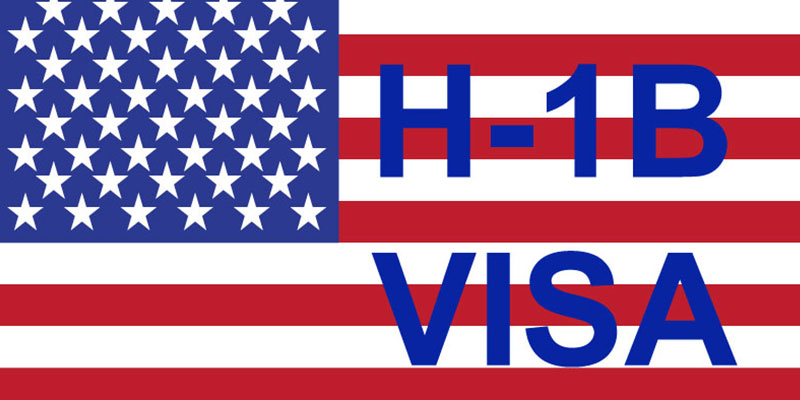
You will find information about the following points in this article:
The H1B1 is similar to the H1B in many ways. The main point of difference between an H1B and H1B1 visa is that the H1B1 has a limited validity period, and the individual does not have any immigration filing options. Let's discuss the H1B1 visa in a bit more detail.
The H1B1 work visa results from the Fair Trade Agreement the US signed with Chile and Singapore in 2004. Out of 6800 visas allotted for this agreement, 5,400 visas are reserved for Singaporean applicants and 1400 for the Chileans. This agreement does not make this an exclusive option - Chilean and Singaporean citizens can also opt for H1B if they so wish.
Though most parts of the H1B1 application process are similar to the H1B application process, forms I-129 and I-797 do not have to be submitted. A candidate may apply for an H1B1 visa directly by submitting the following documentation at the US Consulate office:
Just as with the H1B, the H-1B1 is a visa for specially qualified and skilled professionals to work in the US temporarily. But an H1B1 holder cannot file for immigration to the US. The H1B1 is a multiple-entry visa with a maximum validity of eighteen months. Renewal is always possible with yearly extensions until the maximum period of six years is reached.
H1B1 dependents
The spouse and unmarried children (below the age of 21 years) of the H1B1 holder are eligible to travel to the US under the H4 dependent visa. Furthermore, spouses have working privileges, and children have the right to pursue an education.
To be eligible for an H1B1 visa, applicants must show proof of the following requirements:
1. H1B1 visa is for foreign professionals from Chile and Singapore. Applicants must show proof of citizenship to avail of this eligibility point. Individuals from other countries who have permanent resident status in Singapore will not be eligible to apply.
2. Applicants are expected to have educational qualifications with a minimum of a bachelor's education of four years or sufficient practical and theoretical knowledge to perform in a specialty occupation job role. The following are exceptions to this rule:
A. Individuals involved in the field of business but don't have any baccalaureate or equivalent qualifications, can be considered for H1B1 if they are engaged in one of the following fields:
B. Professionals that US companies recruit from Singapore or Chile with the requirement of specialty skills and a minimum higher education qualification.
3.Applicants must prove that their period of stay in the United States is temporary, only for the purpose of employment.
4. The employment opportunity must reflect the 'specialty occupations' status, which requires the applicant to possess extensive knowledge or skill in a field such as healthcare, engineering, biotechnology, mathematics, and other similar fields.
5. Terms of employment must be made clear and precise. An applicant engaged in independent contracts or self-employed roles will not be eligible for the H1B1 visa.
Let's look at the benefits and drawbacks of holding an H1B1 visa.
Benefits
The H1B1 is:
Also Read: Complete Handbook of H1B1 Visa Application Process
Limitations
With all the advantages, there are certain drawbacks to the H1B1 visa. Here are the major drawbacks:
In conclusion
H1B1 is definitely a boon to Chile and Singapore citizens. Still, certain eligibility points maybe difficult to interpret correctly, or certain procedures or visa options that may prove difficult to follow through. Visit Techfetch H1B, to get clarified with all the information regarding H1B, whether you're an applicant or an employer.
**Disclaimer: Immigration laws and procedures are subject to change. Please refer to the official USCIS website for the latest updates and news.